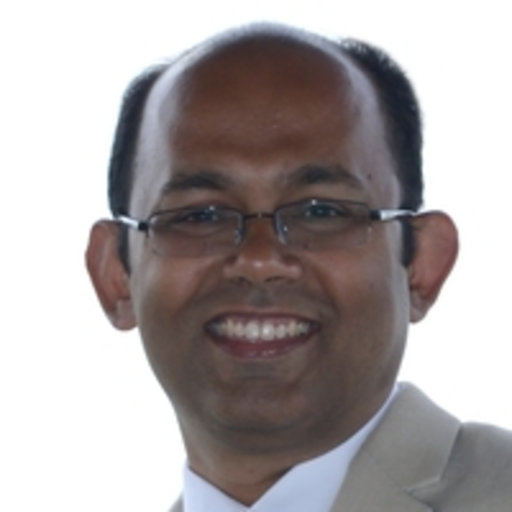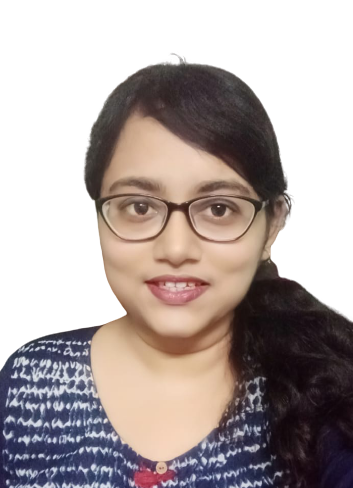Summary
Misinformation and disinformation on social media have a substantial cost to society all over the world. In order to tackle this bane, we must take a holistic view of the problem and learn from history.

False and distorted information is not a new phenomenon and has been a part of media history long before the inception of social media. In 1835, the New York Sun’s “Great Moon Hoax” made the newspaper the leading and most profitable one, where they claimed that there was an alien civilization on the moon. In other words, sensationalism always sold well irrespective of any media. However, the widespread use of social media and the reduction in the cost of creation of content, media, and their propagation, coupled with the growth of internet has brought dramatic increase in propagation of false information affecting all areas of life including generating negative opinion at a large scale, creating massprotest, and scientific information is easily crowded by sensationalized news!
-
This tutorial will address the work that has been done on the problem of false information and its propagation in media. In order to take a holistic view, on the one end, we need to look at the very related problem of misinformation and disinformation in newspapers in the early 20th century and how society evolved to eradicate the most egregious of its forms and learned to live with it. On the other end, we will survey the promising technological solutions that have been designed in the last 5-10 years and a bit. The issue of digital literacy will be examined and efforts to teach our school-children how to determine the trustworthiness of information will be discussed. Solutions involving trustworthy third-parties and digital signatories will be evaluated. Time permitting, we will demonstrate these issues studying a few cases and demonstrations. We will also look at governmental policies that have been designed to curb this problem. Finally, an agenda for future work will be discussed.
Tutorial Agenda

Tutorial Outcome
- The attendees will obtain a thorough knowledge and understanding of
- The history of misinformation and disinformation, and
how it has been overcome historically especially in print
media.
The state-of-the-art with respect to using technology to
[1] detect misinformation, and [2] inform social media users of misinformation and disinformation.
Special focus and a more in-depth treatment will be on the solutions proposed in the last year and a few years before that.
A holistic understanding of the problem and the potential solutions. An understanding of the solutions that were tried, what worked and whether it worked and why not.
Understand the need for education and policy changes and their roles to curb the problem.
Additional Details
- Target audience: Computer scientists, and those interested in computational social science including researchers, industry and government practitioners, etc.
- Prerequisites: Ability to comprehend research on the web and social media especially with a computational bent.
- Material will be available here Slides .
Tutorial Organizers

Prasenjit Mitra
Dr. Mitra is presently a visiting professor at L3S center, Hannover Germany. He is a professor at Information Sciences and Technology; The Pennsylvania State University. His current research interests are in the areas of artificial intelligence, natural language processing, big data analytics especially in application areas such as social media analytics, medical informatics, wildlife informatics etc. In the past, he has contributed to the areas of data interoperation, digital libraries, information retrieval, and citation recommendation.
Webpage Contact

Shreya Ghosh
Dr. Ghosh is a postdoctoral fellow at Information Sciences and Technology; The Pennsylvania State University. She is currently working on public opinion and perception mining from social media data, and identifying myths and false information leveraging NLP algorithms. Her other research interests include spatio-temporal big data mining, wildlife mobility analysis and cloud/ edge computing.
Webpage Contact